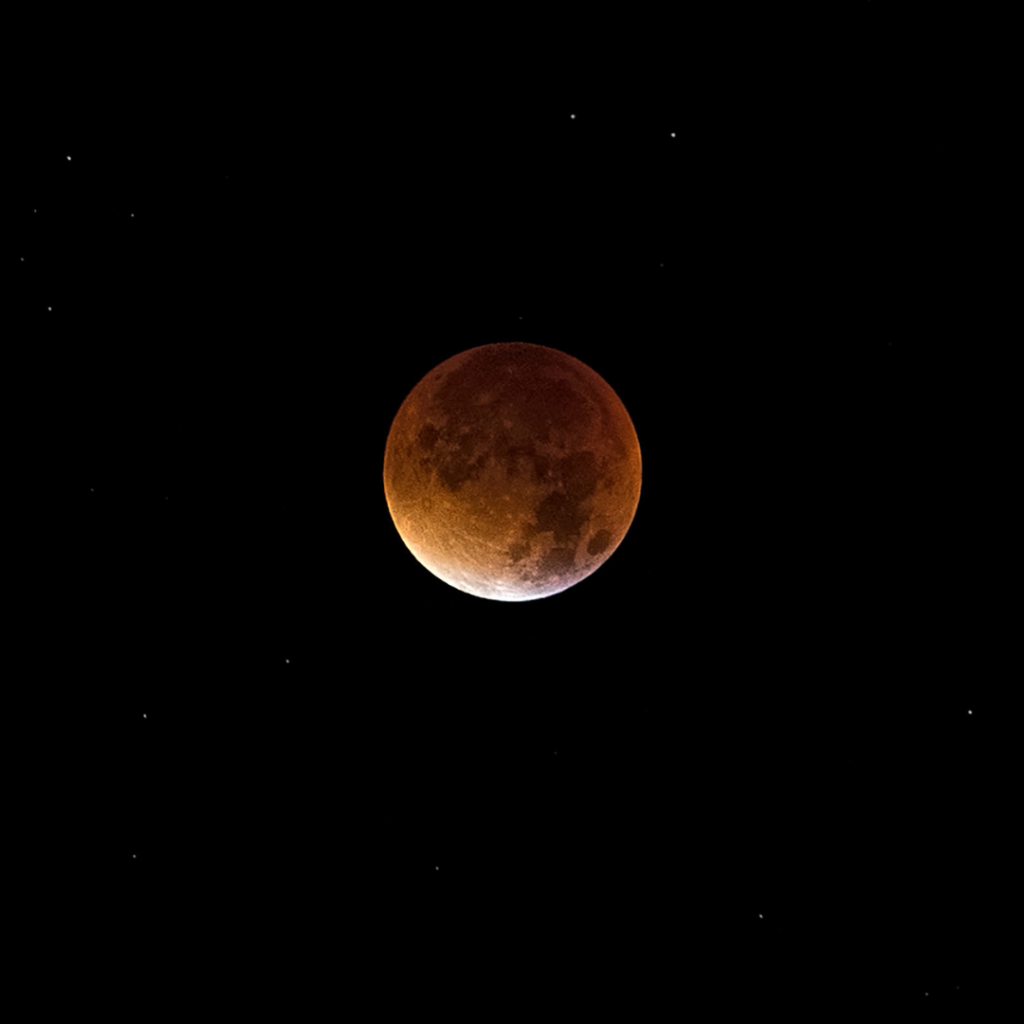Looking up at the night sky can be a relaxing and majestic experience. While it changes often, one thing is certain: there are always two lunar eclipses every year. Tonight there will be a partial lunar between the hours of 5 p.m. and 7 a.m.
“I didn’t even know it was the lunar eclipse. Since I work until 11 p.m. tonight, I’ll probably stay up to watch the beginning of it at least,” said Kristina Cooper, Sinclair student.

What most people do not know is that lunar eclipses rarely come alone. Solar eclipses usually happen either two weeks prior or two weeks after a lunar eclipse. The solar eclipse will follow tonight’s lunar eclipse this year and will happen on December 4. It will be a total solar eclipse but will sadly not be visible in the United States. Instead, the solar eclipse will be seen by Australia, Africa, South America, and Antarctica.
While the United States will not be seeing any total solar eclipses until the year 2024, we will get to observe two total lunar eclipses in the year 2022. The United States will also be a part of the annular solar eclipse in 2023. The annular solar eclipse is when the sun creates a “ring of fire” around the moon. Whether watching this evening’s lunar eclipse or waiting for one that comes at a more reasonable time of the evening, never stop looking towards the sky for fun and beautiful sights.
Sara Collins
Reporter


